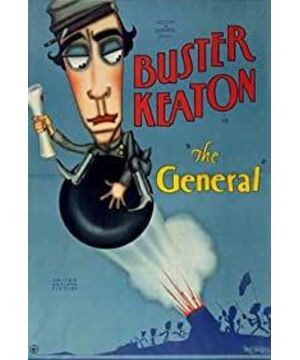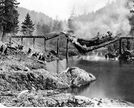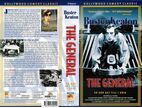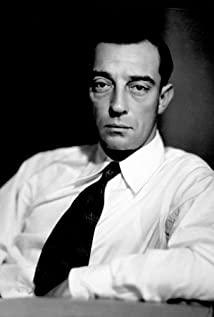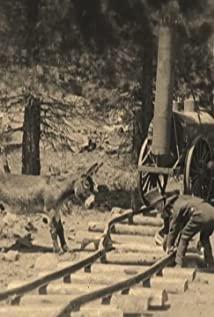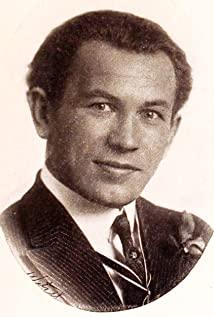If there is a detailed analysis and discussion of comedy, this attempt must be somewhat out of tune with the atmosphere created by the film. But classic movies are always not afraid of interpretation, and the more they are interpreted, the more attractive they are.
Movies and novels are not the same thing. If the story is not fully presented to the audience within the limited time, according to the traditional point of view, there is a great risk of not being understood. The integrity of the story lies not in telling the audience every detail of the plot, but in following the simplified archetypal formula of conflict-resolution. "The General" presents the story to the audience completely within a limited time: (1) Conflict: not accepting the call; (2) Resolution: by accident, leading the Confederates to victory and substantively enlisting in the army. Following this thread, the plot is gradually enriched. The road is simple, the simpler the story line, the more difficult it is to tell the story vividly and interestingly, and the more it reflects the director's ability to control the plot. Therefore, directors and screenwriters can be regarded as artists, and the screen is the stage for them to display their talents and wisdom. I am very disgusted with some screenwriters and directors, begging for some clever tricks to make up for the lack of talent - as far as the story of the film is concerned, it is overpowering.
"General" has a symbolic meaning. It is not only a locomotive, but also a protagonist, and it is also a reliance on victory. Every person who is a member of society will participate in the process of history in his own way, and cannot be self-determined by the torrent of history. If this is an era of war, enlisting in the military will become the highest goal and the best choice for realizing personal values. Does being a non-military make no sense? The video replies: No. Be conscientious in your own post, you can also build up general-like exploits and contribute your own strength to victory. The recruiter said: We need a train driver more than a soldier. Then, we will obey the arrangement of the state.
Does the integration of actors, directors, and screenwriters in the silent film era reflect the highest requirements of film art for the artist's comprehensive ability in infancy? Or does the division of labor lack its practical basis?
View more about The General reviews


